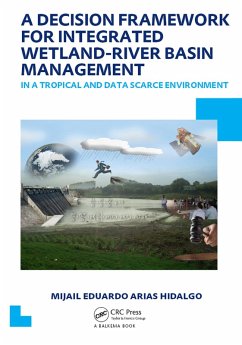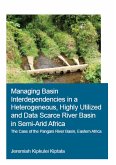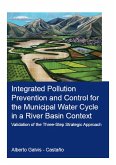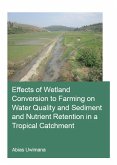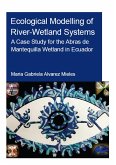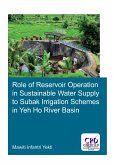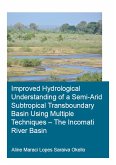In this study, both conventional approaches and state-of-the-art analysis techniques and data sources are explored. A modelling framework is developed which includes rainfall-runoff processes, river hydrodynamics and water allocation models, seeking a balance between sophistication and simplicity, in view of data availability conditions. The framework was used to evaluate a number of scenarios, including potential effects of climatic variations and of the major hydraulic works that are planned by the national water authority. Several management options were assessed through this tool.
Dieser Download kann aus rechtlichen Gründen nur mit Rechnungsadresse in A, B, BG, CY, CZ, D, DK, EW, E, FIN, F, GR, HR, H, IRL, I, LT, L, LR, M, NL, PL, P, R, S, SLO, SK ausgeliefert werden.

